Throughout his career, Kele Okereke has never been one to stand still. When Billboard UK calls the Bloc Party vocalist and guitarist to discuss The Singing Winds Pt. 3, his new solo album released Jan. 17, Okereke paces around his London home for the duration of our chat, working his mind (and body) while he reflects on an illustrious career in music — one that has never remained in a single place.
Okereke’s new project is his seventh solo studio album since 2010, and the third installment to his Elements project, which has taken inspiration from the forces around us. It kicked off in 2021 with The Waves Pt. 1 and was followed by The Flames Pt. 2 in 2023, both born out of a necessity to create during lockdown. Each collection is written and produced solely by Okereke in his home studio and with minimal tools.
“It was important to me to do everything myself and for every sound to be made by my guitar,” he says. “During the lockdowns, I was at home and not really sure what I was going to do with my life, but I knew that I still wanted to be creative. It forced me to go back to the guitar. It gave me a new appreciation for the instrument.”
In the coming months, Okereke will head out on the road to tour this project, his first time using loop pedals and building each song live on stage. Then it’s back to Bloc Party to celebrate the 20th anniversary of its beloved 2005 debut album Silent Alarm, which the band will be playing in full across the U.K. at some of its largest outdoor shows to date.
Upon release, the LP landed to No. 3 on the U.K.’s Official Albums Chart and has endured as an essential of 21st century indie rock. A sonic fusion of influences from post-punk to electronica, plus lyrics that touched upon the British government’s disastrous war in Iraq and Afghanistan during the mid-’00s, set the group apart both from chaotic, romantic contemporaries like The Libertines and fashionable, sexy art-school graduates like Franz Ferdinand.
The group released a number of records in the ensuing years, notably 2007’s cult classic A Weekend In The City (No. 12 on the Billboard 200) and more recently 2022’s Alpha Games. Okereke still leads from the front with founding member Russell Lissack (guitars), plus Louise Bartle (drums) and Harry Deacon (bass) now completing the lineup; other founding members Matt Tong and Gordon Moakes left the band in 2013 and 2015, respectively.
As he releases The Singing Winds Pt. 3 and preps an upcoming tour with Bloc Party, Okereke speaks to Billboard UK about the project, his upcoming memoir and the enduring appeal of Silent Alarm.
You’re on the third installment of this project with The Singing Winds Pt. 3. What has it given you creatively?
It started very much as an accident or chance. It’s given me a focus and has been a somewhat indulgent but incredibly enjoyable way to throw myself into music. When I started making solo records [in 2010] it was very much a reaction to the fact that with Bloc Party, we were a guitar band and I wanted to get away from that. I wanted to explore other worlds and that’s what I did with the first four records – they were all coming from different places.
You started releasing the project in 2021. Did you anticipate it unfolding over this time period?
I always knew that it was going to take a while. When you’re writing these songs, you have to live your life and be inspired. Back then when I was working on The Waves, I didn’t really know what the next records were going to sound like, but [after] a year of living and experimenting, and being creative with Bloc Party and working on something very different, it shows you where you need to go next. I knew it was going to be a longer form project, but I really like the pace. I’m composing and writing a lot at home and you’re waiting for inspiration to spark.
Is each LP a reaction to the last in the series?
Doing these interviews and looking backwards retrospectively you can see a path, but at the time you’re just inching around in the dark. When I was making The Waves, it was tonally all in one place so I knew that I needed to go somewhere different next. To me when you listen to that record, it feels like you’re bobbing on water – there’s no drums or percussion, it’s just this floating thing. Whereas with The Flames the sounds are very brittle and abrasive and extreme, and it’s been interesting to see that in the writing process.
The point about this project is that I wanted each of these elements to have quite a different sonic and emotional personality. They’re all connected to the classical elements and it’s interesting to consider how I could refer to those elements in the song and the lyrics and the textures of the record.
On this release there’s a lot of candour, particularly on “The Arrangement” which highlights a broken romantic relationship. You’ve always been vulnerable in your songwriting, but as you get older and have your own family, do you censor yourself at all because of the real-world consequences?
There are moments of vulnerability in this record, and throughout my career I’ve always written from an emotional place, but in the past things would be hidden in abstraction and just glimpses of my personal life; for the most part I’ve been quite guarded in things.
With this next Bloc Party record, it’s very personal and confessional, and I’ve never really done that as a songwriter. I’ve always preferred an element of distance. But in the past year I’ve been through quite an unbelievable time and had some very difficult relationships with people, and this is the only place to put all of that.
This next [Bloc Party] record I’m making will be about the study of a fleeting relationship from start to finish. And it’s going to be incredibly personal, but I’m excited about that because it’s something I’ve never really done before. I’ve never really spoken directly, and this time I will.
Can you tell us anything more about what listeners might hear?
Without wanting to go into too much detail, I had a relationship with someone that wasn’t honest and I think I need the world to see that. So this next Bloc Party record is going to come from a place of necessity. We’ve written everything and we’ll be recording soon, and hopefully will be out in 2026. The only thing I will say is that ‘heartbreak’ is a term that people keep bandying around about these songs. It’s going to be emotional, for sure.
You’re heading out on the road this summer for the 20th anniversary of Silent Alarm. What’s your relationship like to that album?
Obviously I’m thankful that it has resonated and stood the test of time. Before we made that record we had a bit of a name for ourselves and a song or two out and it was this underground, exciting thing. But when we made the record we knew we had to strive further than what people were expecting of us.
We knew it had to be expansive and there was this fear that we might be pushing it too far when we were in the studio, but we didn’t succumb to that, and I’m glad that we managed to express what we wanted to express. I’m glad that it worked and we made the best record we could, because it has stood the test of time.
At the end of last year you released Another Weekend In The City, a companion record of B-sides from around the time of your sophomore album. It must be nice to see that excitement towards other pieces of music from throughout your career, not just Silent Alarm…
It’s nice to be able to go back and listen to those records, and to remember where I was when I wrote them, the conversations that I was having and the people that were in my life. That’s the stuff that comes back to me when I go back to these songs and I don’t really do that so often. I had to do it for Silent Alarm as I had to relearn the songs. I’ve always been obsessed with looking forward, but I am recognizing that we’ve done something quite good and it’s nice to bask in that sometimes.
Both records and 2008’s Intimacy had instant success on the charts and took you around the world. How did that feel in the moment?
Growing up when we were listening to music and going to shows, they weren’t bands that were on the cover of the NME and weren’t that in your face. So when that stuff started happening for us it was surreal to feel like we’d leapfrogged somehow where we thought we were going to be.
On top of the success we were having, it was nice that people were noticing us outside of the U.K. in the US, Europe and Australia and that we weren’t just a British band. There are still a lot of bands that are successful in the U.K. but don’t necessarily translate to other territories for some reason, but for us it felt quite immediate that people all around the world were curious about us – and that’s maintained.
I’ve heard that you’re in the process of writing a memoir. How’s that going?
I can’t say much about it but I’m about halfway through. I’m enjoying it, for sure. I was a little bit reluctant before because I’ve always been quite a private person, and there was something about the idea of writing my life in my words and I wasn’t sure if I wanted to do that. But I started it and it’s amazing what has come back to me and my life over 20 years ago. Things that I never thought about or remembered unless I was doing this process. It’s giving me a perspective on things that I wouldn’t have had unless I forced myself to stop and look back.
I suppose it gives you the chance to write your own story in your own words. The discourse when you started your career was written by other people, particularly the indie press which had a bigger influence back then…
Having been around for so long, you have the sense that people have an understanding or belief about who you are or the perception of who you are, so it’ll be fun to present my story in my words. That was something I found very frustrating at the start of our career: you’d do interviews with journalists and you’d talk passionately and have a great conversation, then you’d read the interview and it would just be a reduction of everything you said. The one line where you inadvertently mentioned another band, it’d get taken into the pull quote where you slagged someone off.
There was so much of that at the start of our career, and I realized very quickly that I had to insulate myself from that. I just stopped reading the interviews, reviews and features because even though we were successful and it was a positive time, it also felt like a bit of a caricature of who I knew we were.
Alpha Games got a great response from fans. Does the wider response to your music from fans or critics impact you these days?
I think very early on that to do this job the right way, I had to not listen to what anyone else said… from our immediate team to the fans as well. I know that might sound controversial, but once the record is out there it’s not mine anymore. I only listened to Silent Alarm recently to relearn the songs; I’m never going to have the experience that other people have listening to my music, but I’m fine with that. Why I do this job is that I love creating music, and pulling ideas out of the air and making them come back through the speakers. The only thing I serve is that process is bringing songs into the world. So once they’re done and out there, that’s it for me.
Maybe that sounds naïve, but that’s the way I’ve been operating for the past 20 years, and probably the reason why I’ve made so much music in these past few years — because that’s why I do it. I know I’m in a fortunate position with the success I’ve had, but also this is my life and I love it. I feel grateful that 20 years later I’m still able to create.
The Singing Winds Pt. 3 is out now on Kola.

The post “Kele Okereke on New Solo Album and Bloc Party’s ‘Silent Alarm’ at 20: ‘It Has Stood the Test of Time’” by Thomas Smith was published on 01/17/2025 by www.billboard.com







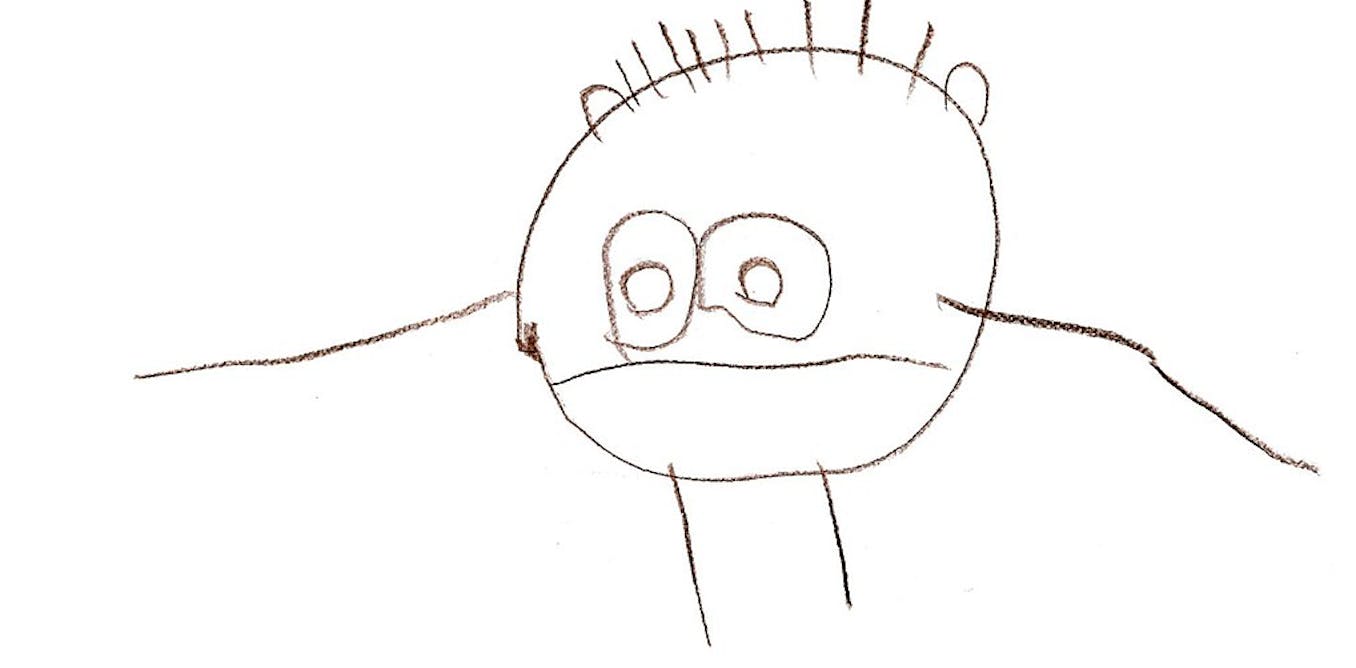
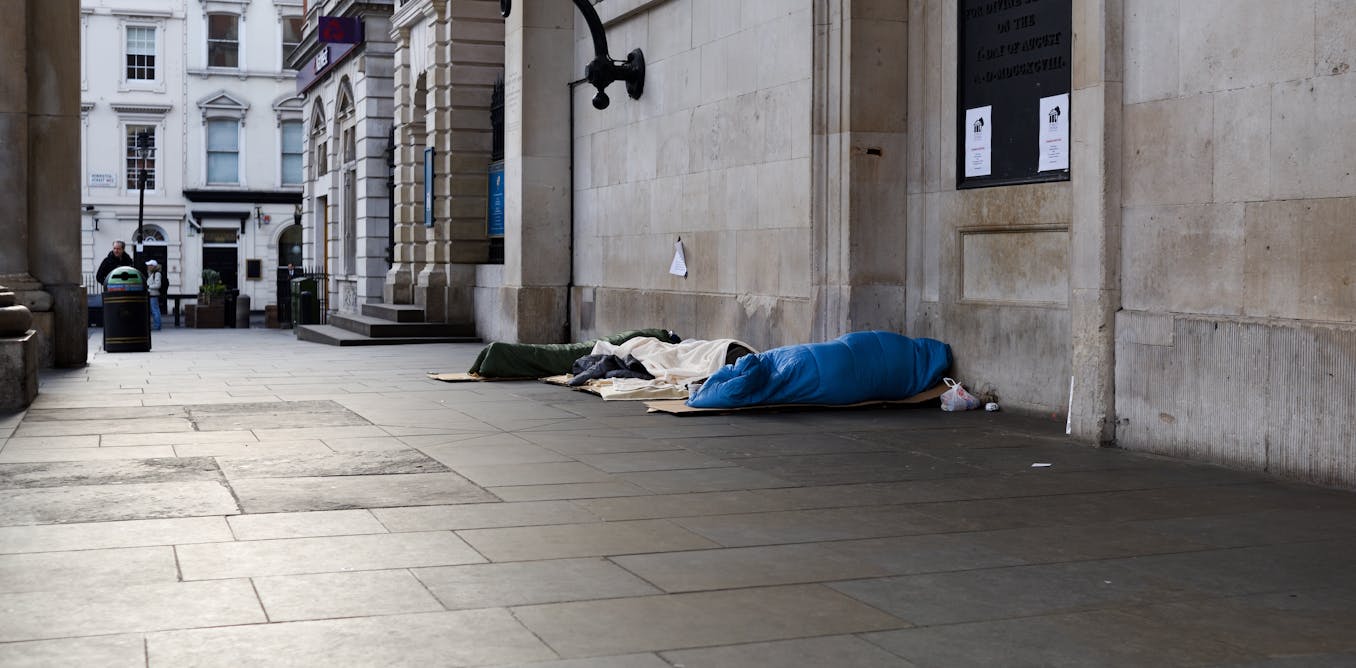

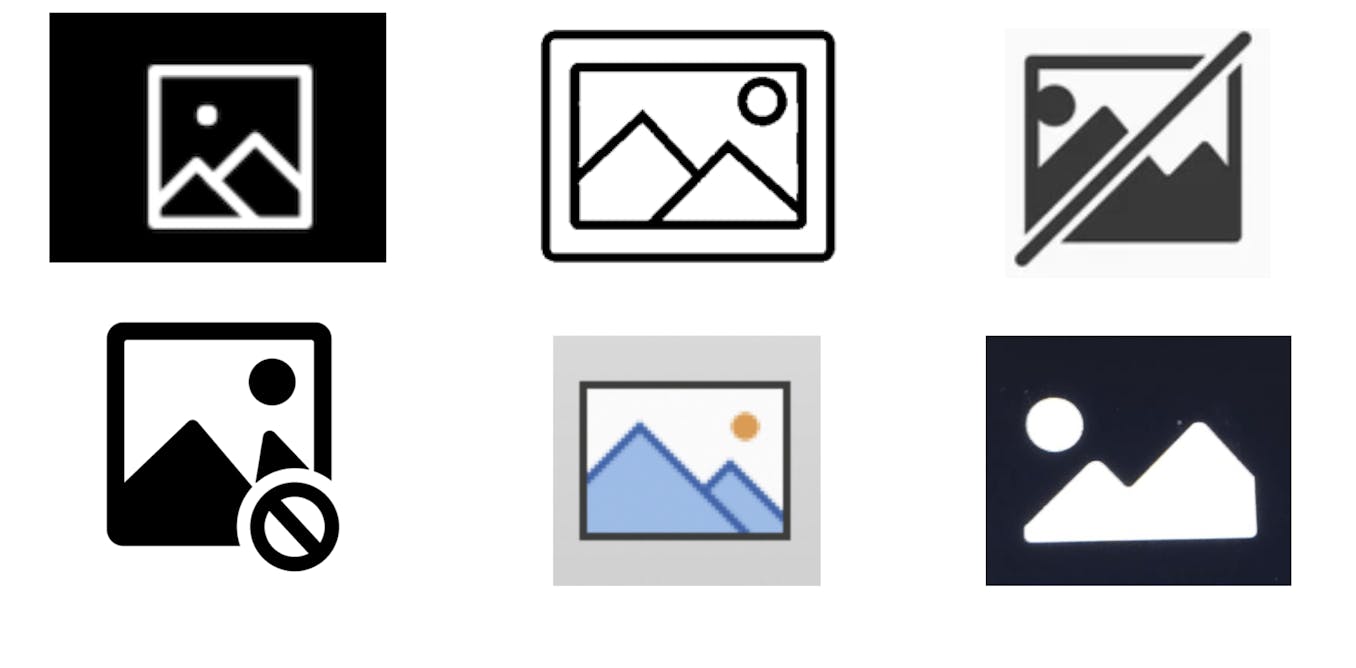

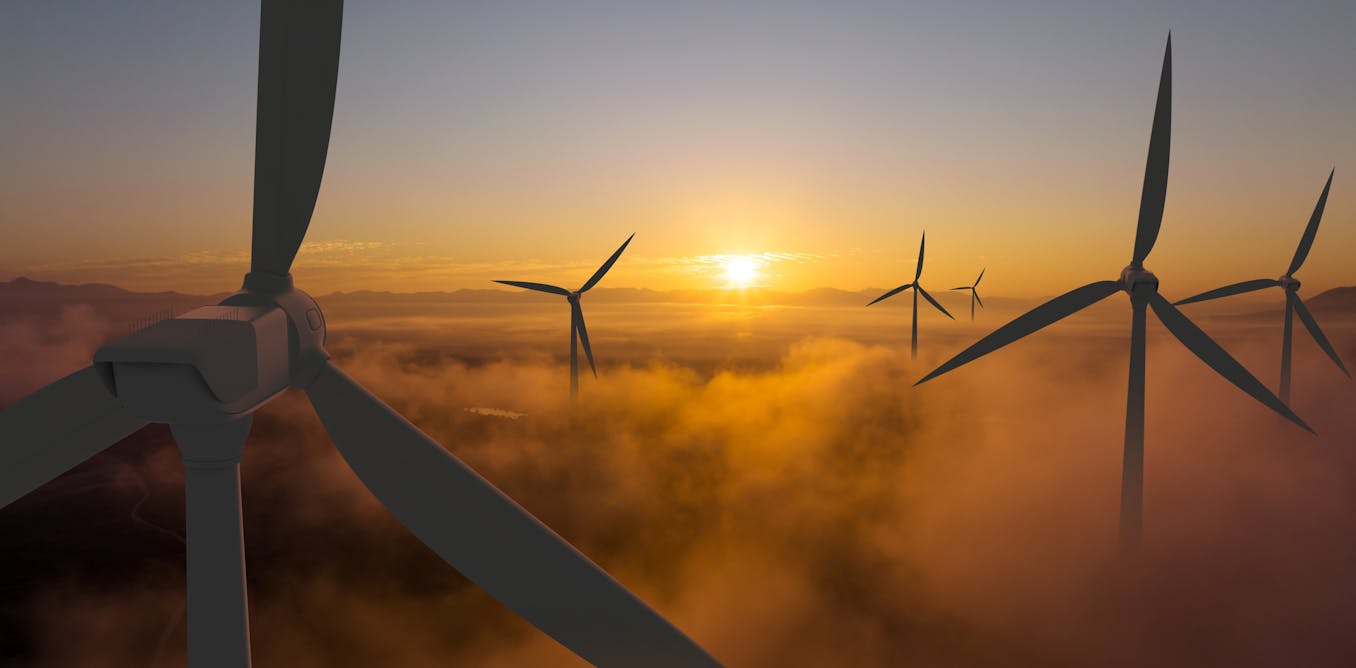
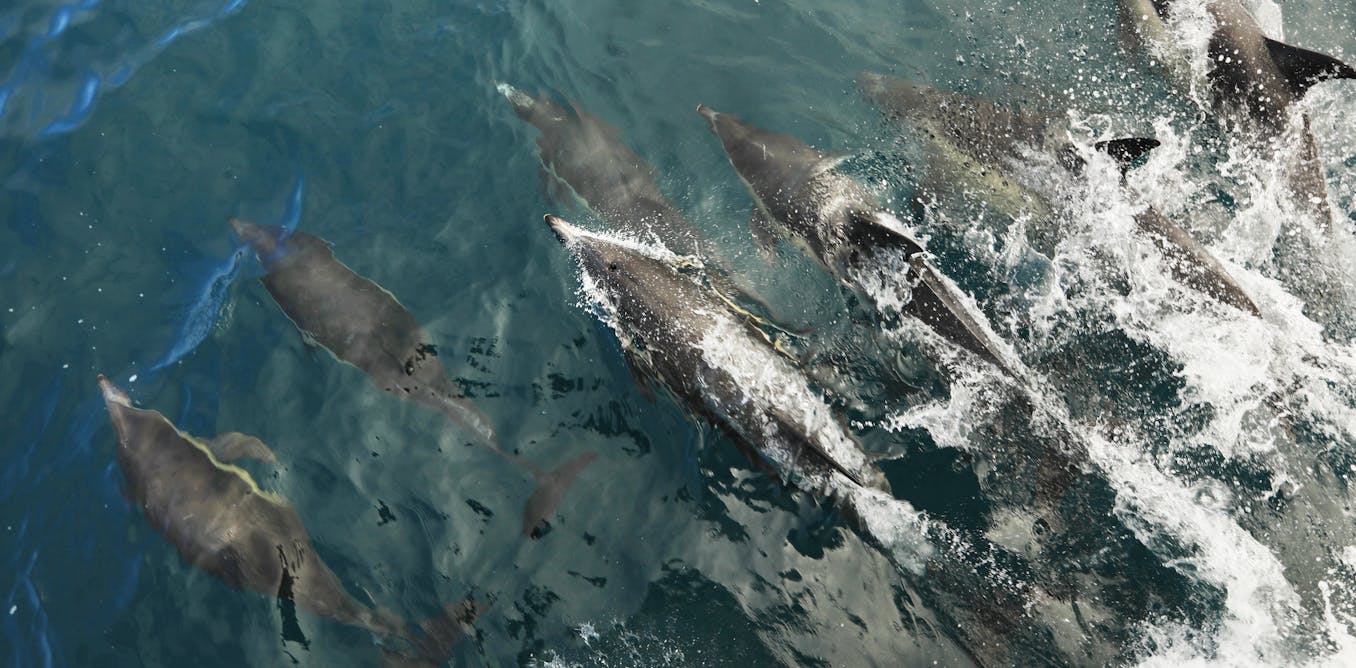
























Leave a Reply